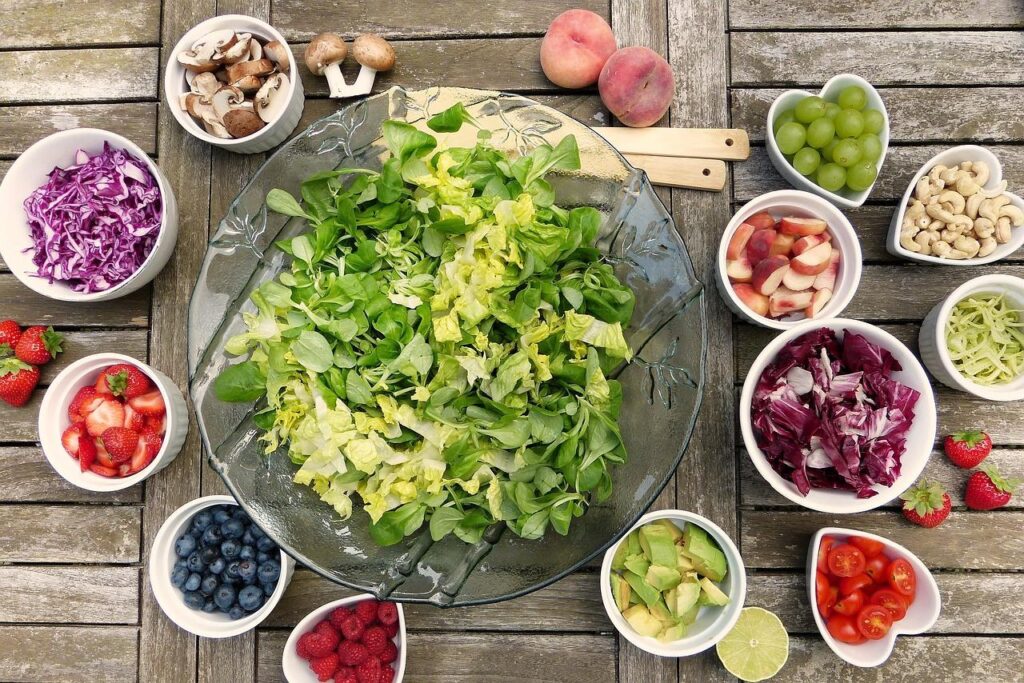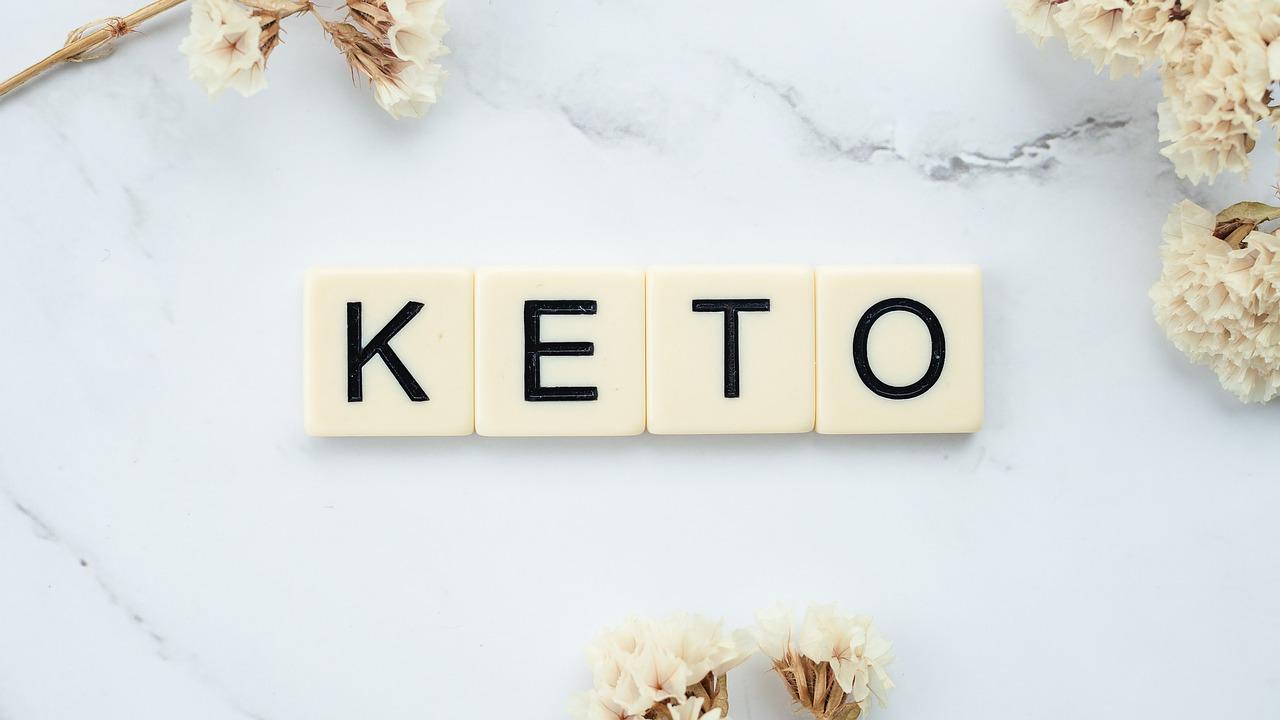The ketogenic (keto) diet has been gaining impressive popularity among health-conscious people as a nice tool to lose weight. This low-carbohydrate and high-fat diet has been endorsed by many as a perfect way to lose that obstinate weight. However, the question remains: Does the keto diet work well for weight loss, and is it a long-term solution? Let’s walk through the details.
How the Keto Diet Works
The keto diet is intended to put the body in a state of metabolism known as ketosis. In this period, the body divides fat into energy rather than carbohydrates. To get into ketosis, the diet usually limits daily carbohydrate intake to 20-50 grams while increasing fats to 70-80% of daily calories. Protein intake is moderate.
Through a massive drop of carbs, the body empties its glycogen supply and switches to breaking down fats for the production of energy. This process leads to the generation of ketone bodies that can be used by our brain as well as other organs as an alternative energy source.
What Foods Are Keto-Friendly and What Are Not
Foods You Can Eat on Keto
1. Meat and poultry: beef, pork, lamb, chicken, turkey, and other meats are superb sources of protein and fat. Examples: Steak, bacon, ground beef, chicken thighs, and pork chops.
2. Fish and seafood:
- Fatty fish like salmon, mackerel, sardines, and tuna are rich in healthy fats and protein.
- Shellfish, such as shrimp, crab, and lobster.
3. Eggs: These are a staple in the keto diet, providing both protein and healthy fats.
4. Healthy fats and oils:
- Avocados, olive oil, coconut oil, avocado oil, and MCT oil.
- Nuts and seeds on the like of almonds, walnuts, chia seeds, and flaxseeds.
5. Non-starchy vegetables: leafy greens (e.g., spinach, kale, arugula), cruciferous vegetables (e.g., broccoli, cauliflower, Brussels sprouts), and other low-carb veggies like zucchini, asparagus, and bell peppers.
6. Full-fat dairy: cheese, heavy cream, butter, and full-fat yogurt.
7. Low-carb sweeteners: stevia, monk fruit, and erythritol.
Foods to Avoid While Following Keto
1. Grains and grain products: Bread, pasta, rice, cereals, and other grain-based products.
2. Starchy vegetables: potatoes, corn, peas, and other starchy veggies that are too high in carbs.
3. Fruits: most fruits, except for small portions of low-carb options like berries.
4. Sugary drinks and sweets: soda, juice, candy, and other sugary treats.
5. Legumes: beans, lentils, and peas.

Examples of Common Keto Dishes
1. Breakfast:
- Eggs cooked in butter or avocado oil with bacon, sausage, or ham.
- Keto-friendly smoothies made with avocado, nut butter, and low-carb sweeteners.
2. Lunch or Dinner:
- Bunless burgers or lettuce-wrapped sandwiches.
- Grilled or baked salmon with roasted asparagus and hollandaise sauce.
- Keto-friendly zucchini noodles (zoodles) with meat or seafood-based sauces.
- Keto-friendly cauliflower rice or cauliflower crust pizza.
3. Snacks:
- Cheese crisps or mozzarella sticks.
- Keto-friendly nut and seed mixes.
- Olives, pickles, and cheese cubes.
- Keto-friendly fat bombs (bite-sized snacks made with healthy fats and low-carb sweeteners).
Potential Benefits of the Keto Diet While Losing Weight
One of the advantages of keto diet for weight loss is increased fat burning. While in ketosis, the body efficiently burns the already available fat stores, which might result in impressive weight loss. Keto dieters often claim that they don’t feel as hungry as before, which results in a depletion of calorie intake and, consequently, weight loss.
This diet can also bring metabolic benefits. Ketosis pushes up metabolism and leads to the extra loss of fat while avoiding foods with high carbs.
Drawbacks and Concerns
Of course, the keto diet is efficient but still, it has its disadvantages. One major problem is the danger of nutritional deficiencies because the diet excludes certain food groups, such as grains, fruits, and legumes, which are important sources of fiber, vitamins, and minerals.
Another possible problem is the possibility of some side effects, especially during the start of the diet. “Keto Flu” is a term that is used to describe symptoms such as headaches, fatigue, nausea, and constipation that people experience while their bodies adapt to ketosis.
The long-term sustainability and future health consequences of the keto diet are still being investigated. Some studies have shown that extreme low-carbohydrate diets may negatively impact cholesterol levels, liver function, and bone health in the long run.
Read: The Science of Beauty Sleep: How Rest Impacts Your Health and Appearance
Considerations and Precautions
Whether the keto diet is suitable for weight loss depends on several personal factors, including age, overall health, fitness objectives, and personal tastes. This diet plan may not be suitable for people with some medical issues, for example, kidney disease or diabetes, without proper medical supervision.
The key factors to be considered while following the keto diet are planning and heath state monitoring. Make sure that all the important nutrients, electrolytes, and fluids are taken in the right amounts to avoid possible deficiencies and side effects.
Seek out a healthcare expert or a certified dietician in order to know if the keto diet is safe and whether it’s suitable for your specific needs and goals.
Conclusion
The ketogenic diet has been shown to be an efficient approach to weight loss in the short term. But, for the sake of balance, we revised the pros and cons of this diet to be aware of. While some people find the keto diet effective, it may not be the ideal method for everyone else.
The key point for healthy and long-term weight loss is the balanced approach, which includes a lot of nutrient-rich keto-friendly food. You should build calorie deficit through a combination of healthy eating habits and physical activities. The keto diet could be one of the tools available, but it should not be treated as a miracle solution. Just like any other dietary alteration, it is extremely important to get advice from competent healthcare specialists and to follow your body’s signals. The best way to hold a healthy weight is to use a multi-faceted and individualized approach.



